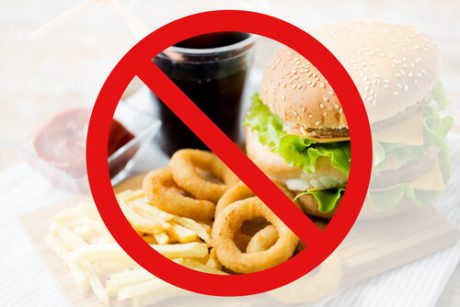Synopsis
Carbohydrates have often been singled out as the single largest cause of various physiological problems. These nutrients, though they are the primary sources of energy for the body, are also responsible for adding to the sugar content in the blood.
Most carbohydrates get readily converted into sugars and stay in the body till they are used. If the person does not exercise well, then these sugars can remain in the blood and cause other problems, weight gain being the least significant of them.
That is the reason there has been a theory that by reducing carbohydrates in the daily diet, a person can live healthier. The very popular—and also very controversial—Atkins Diet is based on that.
We start our discussions on diets with this diet. We see why it is controversial and what kind of people can benefit with the diet.
Low Carb (No Carb) Diets
Low carbohydrate diets (or no carbohydrate diets) are weight loss options that restrict a number of carbohydrates ingested by a dieter while increasing the amounts of proteins and fats eaten. Different diet options allow the consumption of different amounts of carbohydrates on a daily basis.
The most common of these diet types is the “Atkins Diet”. However, there are other famous weight loss programs such as the “South Beach Diet”. Here, we will focus on the Atkins Diet due to its popularity.
The Atkins Diet advertises a weight loss potential of 6 kilogrammes (13 pounds) over two weeks.
What Is the Basic Philosophy behind the Diet?
The principle behind the low-carbohydrate diet is that carbohydrates result in an increase in blood sugar level as they are metabolised by the body.
This results in a reciprocal rise in insulin levels. Insulin controls the blood sugar levels but also causes fat deposition. Low carbohydrate ingestion results in less insulin production by the pancreas and therefore less fat deposits in the fat-storing cells.
By restricting the “bad” carbohydrates in the diet such as white refined rice, bread, pasta and potatoes as well as sweet desserts, those who support this diet suggest weight loss will occur. Many supporters also encourage eating of “good” carbohydrates by eating
foods such as fruit and vegetables as the major supplier of daily carbohydrate requirements.
What Support Is Offered by the Parent Company?
The book “Atkins Diet for You” is the key text for the program. It is purchased online and provides directions to a personalised approach to the program taking into consideration gender and age and other factors.
The Atkins Diet provides online support through its website. On this site, dieters on the weight loss program have access to peer support, a library of information, recipes and books and store information to purchase other dieting aids.
The program is free, with optional diet supplements in the form of protein bars and shakes to supplement the weight loss programs.
How does the Diet Work?
 The program focuses on a four-phase approach to weight loss and maintenance. An individual enters the program at the point they feel is most suited to their needs.
The program focuses on a four-phase approach to weight loss and maintenance. An individual enters the program at the point they feel is most suited to their needs.
The four phases commence with almost no carbohydrates in the diet to produce a very quick weight loss. The dieter then progresses to the next phase for continued weight loss but at a slower pace. They are allowed increased carbohydrates as well as a broader range of food choices.
The third phase is close to goal weight phase and permits more carbohydrates and the final phase is maintenance phase, which allows a reduced carbohydrate but otherwise normal diet based on eating proteins, healthy fats, and enough carbohydrate to provide energy needs.
The Atkins Diet is a controversial diet because of its severe restrictions on carbohydrates, which contradicts much of the available research on the role of carbohydrates in a healthy diet.
The major use of carbohydrates by the body is to produce energy and the restrictions on carbohydrate ingestion can lead to lower energy levels. It has proven successful and particularly when supervised by a medical advisor.
Many weight loss programs focus their programs on modified forms of the low carbohydrate diet.






-
Add a note